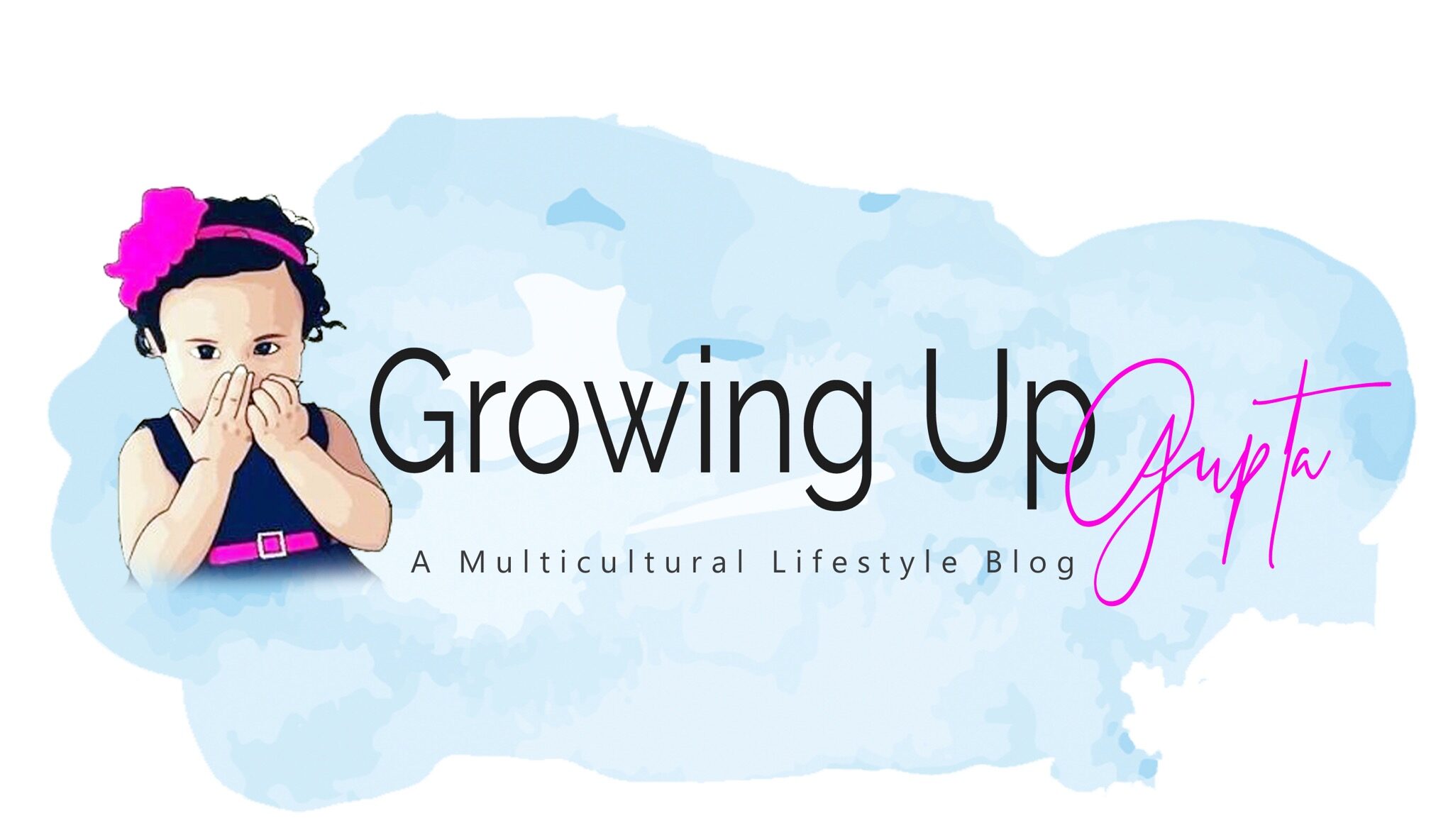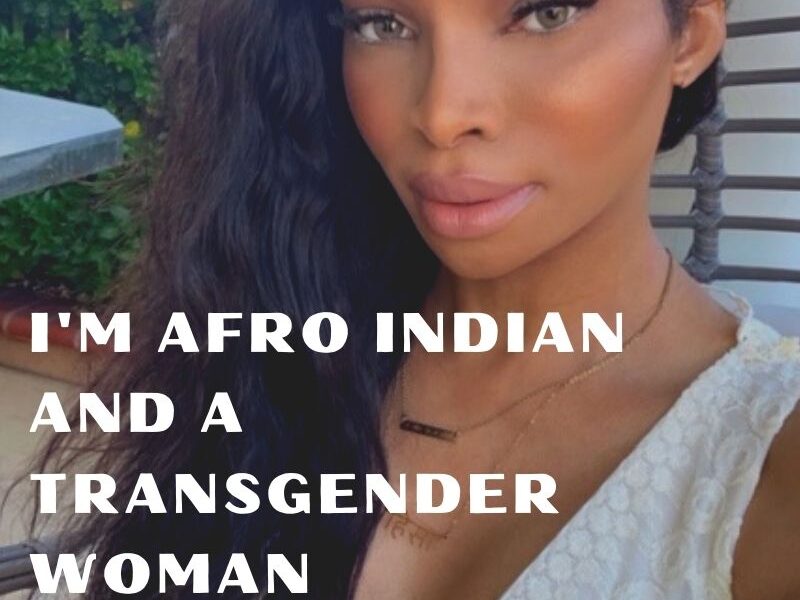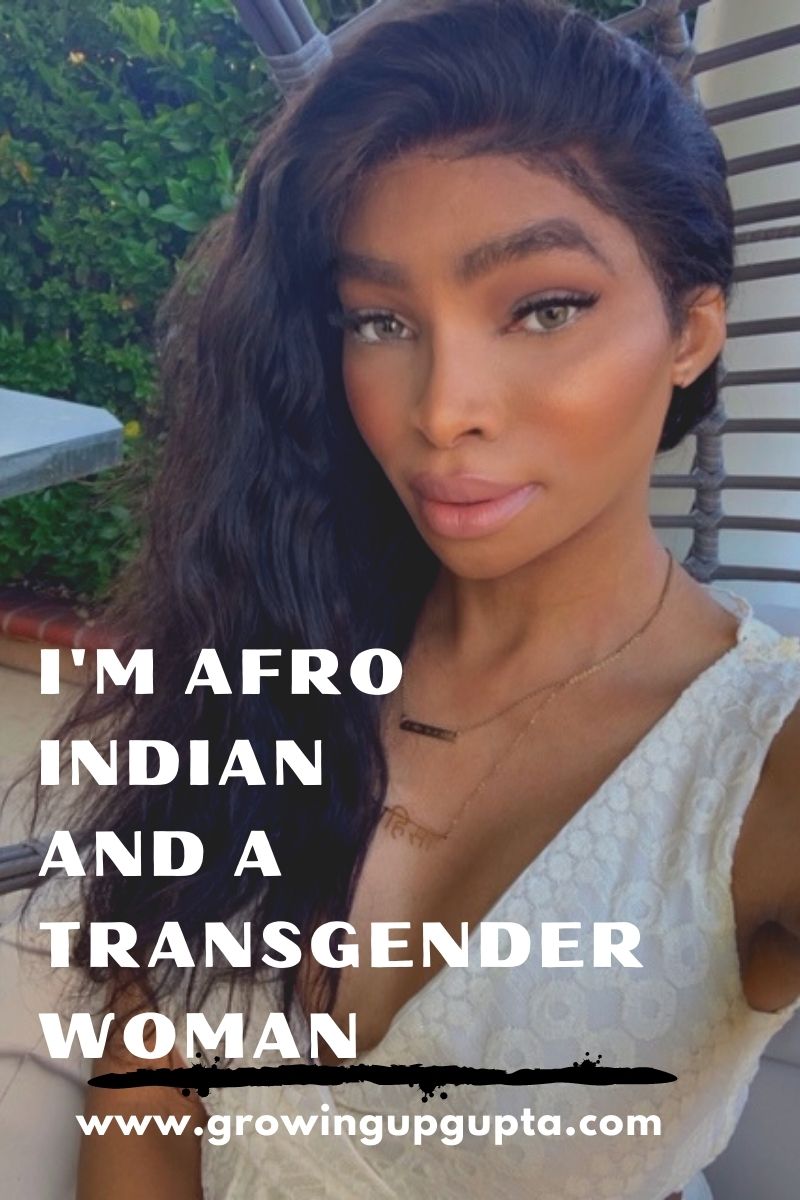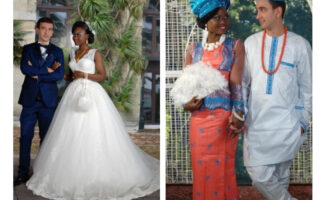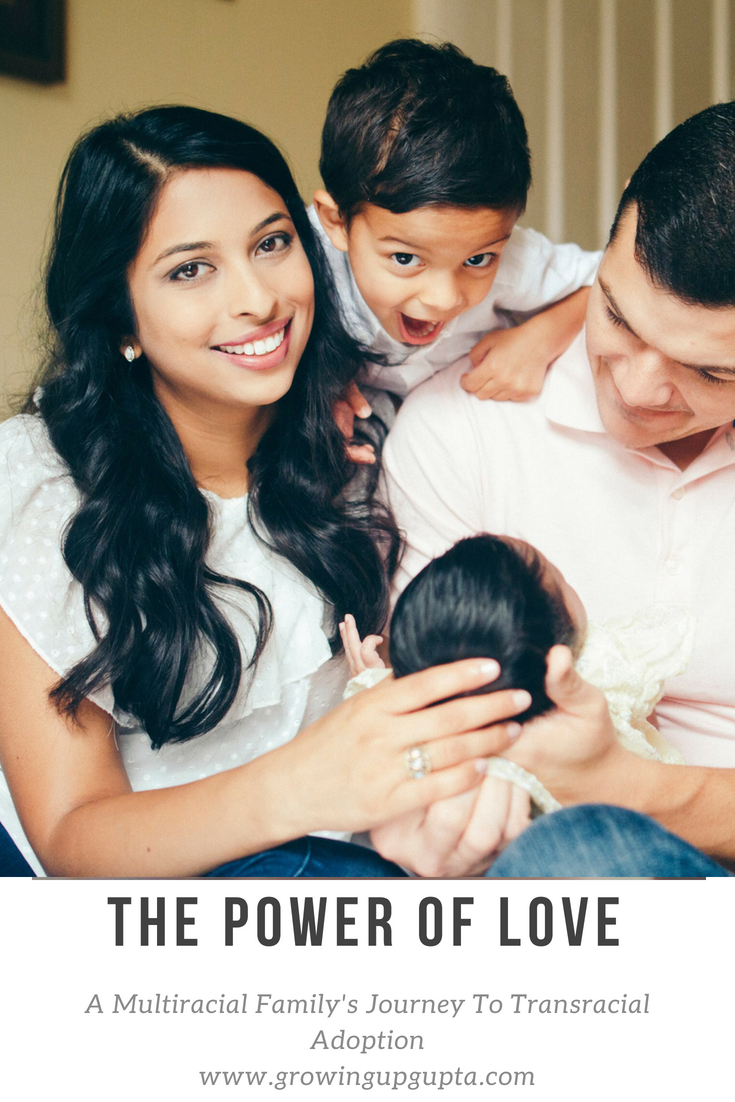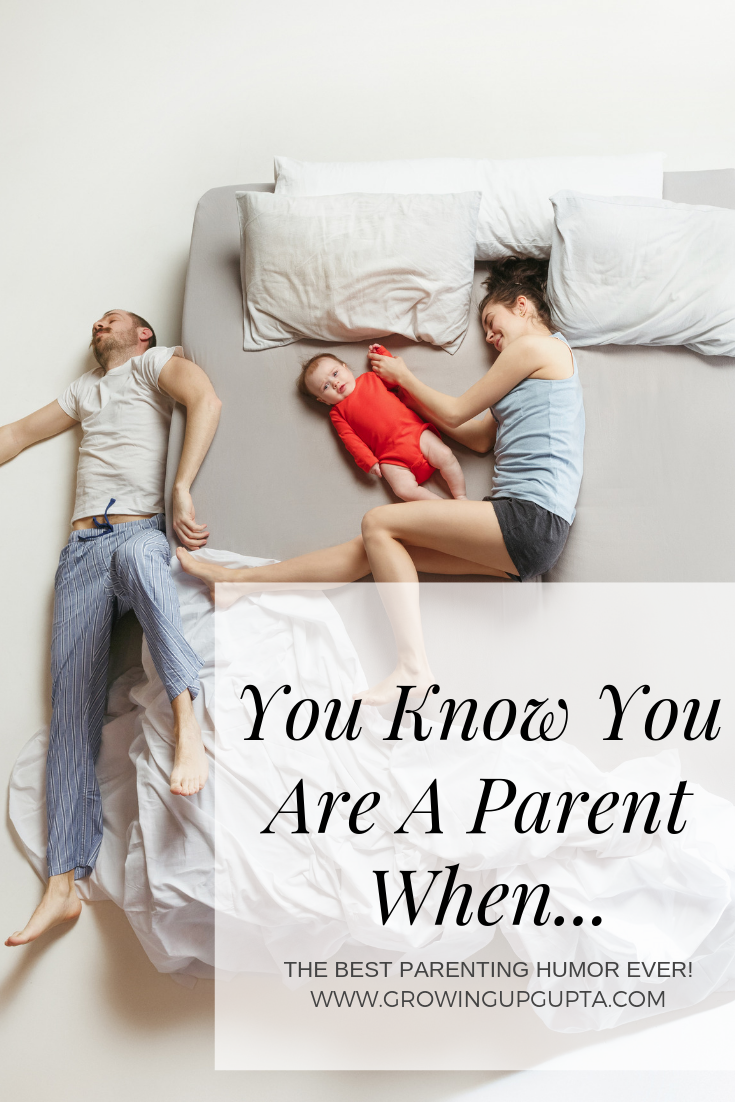I’m Afro Indian And A Transgender Woman
“My parents and grandparents put me in conversion therapy, hoping it would fix me. And they clearly wasted their money.”
An Explosive Tell-All Interview With Lana Patel
Lana Patel and I connected on social media. For those of you that don’t know her, she is a model that has been featured on Pantene and Mary’s Jane Beauty, a singer, dancer, and makeup artist. Lana’s passion for her Afro-Indian upbringing and resolve as a transgender woman led me to ask her for this one-on-one interview. A candid interview meant to be informative, transformative, and enlightening when it comes to the plight of being multiracial and transgender.
Tell me a little bit about yourself (introduce yourself and your ethnic background, where you grew up, do you have any siblings, etc.)?
Hi, I’m Lana Patel! I’m Afro Indian Caribbean and a first-generation American. I was born and raised in NYC and Florida. I moved to Florida when I was thirteen years old, and I’m the oldest of seven children. My parents remarried after my birth, so I’m the only child between my parents.
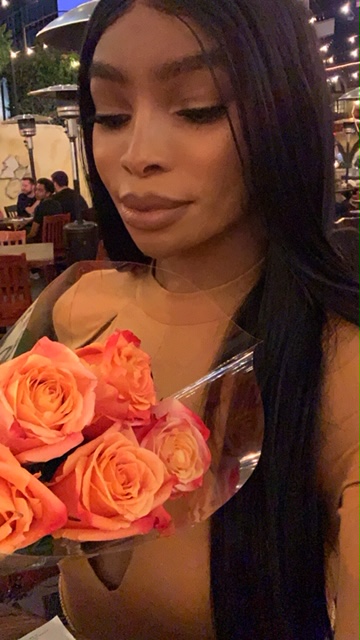
Tell me a little bit about your parents (their ethnicities, where they were born, etc.)?
My mom is Jamaican and Punjabi. My maternal grandmother is a biracial (Black and White) Jamaican from Clarendon, and my maternal grandfather is from Chandigarh, India. My mom is the youngest of 4 children who were all raised in Jamaica.
On the other hand, my father was born and raised in Chiguanas, Trinidad. My paternal grandmother is an Afro Trinidadian from Trinidad, and my paternal grandfather is from Surat in Gujarat, India. My father is the youngest son of 4 children.
When did you realize you were multiracial/Afro Indian Caribbean (was there a specific time when you realized this)?
Being multiracial wasn’t apparent to me until I was about ten years old because I grew up with family and neighbors, similar to me. Everyone around me was Black or Brown, and they were Caribbean – Jamaican, Trinidadian, Guyanese, Puerto Rican, Dominican, and Panamanian. Thus it wasn’t until I heard the word “coolie” as a kid that I realized I was different and that being coolie is its own identity. The term coolie is deemed offensive. Yet Caribbean people often use it and usually without offense. Instead, it is an adjective to identify Indians (from India)/or those mixed with Indian blood.
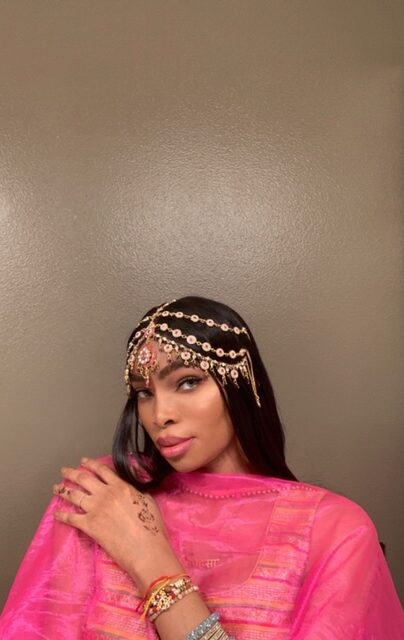
Do you identify more with a particular side of your multiracial heritage(Afro Indian Caribbean)? If so, Why?
I identify as Caribbean or mixed. But if I had to choose one, I would say Black. I feel that I’m Black passing or usually “read as Black” upon first glance. Also, my experiences navigating the world have been through the lens of a Black person, which lends to my Black identity.
When did you realize you were transgender?
I was three years old when I told my aunt while we were playing house that I was a girl. I do not have a recollection of the conversation. However, when I was eighteen and a year into my transition, I was on the phone with my aunt wishing her a happy birthday, and she reminded me of that story, and it aligned with my course in life.
When and how did you tell your family you were transgender? What was their reaction?
I initially came out to my family when I was twelve years old, and it did not go over well. My family did not support me, and we fought like cats and dogs for a long time. It took them over ten years from our first conversation to come around and accept me. My parents and grandparents put me in conversion therapy, hoping it would fix me. And they clearly wasted their money.
Have you had gender confirming surgeries? What would you say to others considering gender confirming surgery?
Yes, I’ve had gender confirming surgeries. I would tell others to thoroughly do your research, find and build a community of support. Figure out who in your life can support you. It can be a blood relation, chosen family ( which is often the case with the trans community), and friends. The world wide web and social media are our best friends for locating the community.
Growing up, did you have any difficulty finding your identity or fitting in with the people around you due to being Afro Indian Caribbean and transgender?
Growing up in NYC, I didn’t realize my color or ethnicity because we were all the same. Yet when I moved to Florida as a teenager things were starkly different. I was one of three Black people in my entire high school and one of two Indians in the high school. The other Indian student happened to be the valedictorian that year, but I was a freshman, and she was a senior, so we never connected.
Therefore while in high school, I felt forced to adhere to an African American identity. I wasn’t allowed to express myself as an Afro Indian Caribbean or a mixed person. My high school years were surrounded by people who looked nothing like me. Everyone was White, East / South East Asian, Latino, or African American. And the mixed kids that attended my school were either Black and White or White and Asian. No one had the experience as a Caribbean person or was Black and Asian.
Moreover, at that time, the beauty standard was Paris Hilton, and all the popular girls had blue eyes and blonde hair. They had Tiffany tennis bracelets and charms. Their boyfriends were cute “all American” athletes. I wanted to be them and have that, but I was constantly reminded that I was not that and so I could not have those things. Being transgender was an added layer as I lived in secret until I was seventeen.
However, when I transitioned, I was the only openly trans person in the county. We didn’t have LGBTQ Centers, pride, or a community presence. I started the first Gay, straight alliance at my college, but I was the only trans person in these spaces. I looked to cis women for guidance to my journey into womanhood.
What has been your personal experience with prejudice and discrimination?
I have so many experiences with prejudice and discrimination. For starters, early in my transition, I was scrutinized for being noticeably trans. And I didn’t use the restroom on my college campus for the first year and a half because I had a counselor that told me the community wasn’t ready for a trans person. She said, “where are you going to go to the bathroom? You go to the boy’s room they’re going to beat you up. You go to the girl’s room, and they’re going to run out screaming.” That terrified me, so I wouldn’t use the restrooms on campus because I feared how others would react.
Additionally, I was denied a job at McDonald’s because I didn’t legally change my gender marker on my identification (my license and student identification had a boy’s picture ). Back then, I lived with my grandparents, and I didn’t have my own car, so I had to rely on my grandparents to take me to the DMV. My grandparents initially didn’t support or accept me, so I could not go to the DMV dressed as a woman for a new picture.
Today, I can navigate cisgender spaces as a presumed cis woman/people can not tell I’m trans. Thereby, the prejudice that I come across is now based on my skin color and features. Some people believe they have a right to police me, my body, and expression as a Black woman, a Brown woman, and a Caribbean person.
How do you celebrate being multiracial/ Afro Indian Caribbean today?
I love celebrating being multiracial through food. Some of my favorite foods are: doubles, tamarind balls, daal, and chapati. I also enjoy various types of music and dance ( dancehall, soca, bhangra, and Garba), fashion, media, and attending carnival.
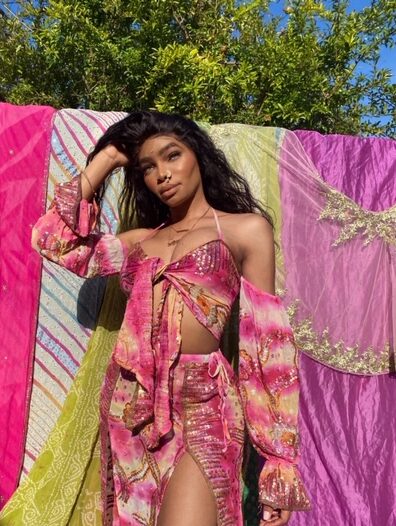
What are you still learning as an Afro Indian Caribbean woman?
My history! There’s so much to learn about the diaspora. Specifically, how my ancestors made it to the islands and what life was like before their migration. Furthermore, what’s occurring with the LGBTQ community in the Caribbean and how I can help.
What advice would you give other children that are from multicultural and multiracial backgrounds like yours?
- Find faces like yours (e.g. Masaba Gupta, Liza Koshy, Kamala Harris, Toni Ann Singh) because this will help you see yourself personified through successful Blindian (aka Black and Indian) folks.
- Realize the beauty you possess, whether it’s your skin, eyes, hair, and embrace it.
- Love your uniqueness, and don’t let anyone make me feel less than proud for being who you are.
- The journey to self-love may not always be comfortable, but it’s always worth it.
What advice would you give parents raising multiracial and transgender children?
- Teach them to love themselves.
- Show them both sides of their cultures/ethnicities so they can see the beauty and richness of both.
- Expose them to successful, influential leaders from both sides of their heritage so they know anything is possible.
- Educate them on their history because that knowledge is power.
Sadly, many people are culturally insensitive to the unique struggles of multiracial and transgender people. What do you wish others knew?
I wish others understood the resilience of folks who live outside the margin. It’s so easy to go with cultural norms and be homogenous or Cisgender. But to love freely beyond culture or love yourself enough to journey outside of a Cisgender identity is such a decisive move. Nevertheless, it can also be very lonely, scary, and challenging. Many multiracial people are forced to check a box and live within a label often placed on them by society. When instead, they should determine how they should identify.
Frankly put, most people don’t understand the transgender community’s statistics and our nearly 41% suicide rate. Being a trans woman of color represents the highest murder rate for any group in America. I can’t say enough about the importance of supporting and protecting these communities.
Provide anything else you would like to add to help others.
Knowledge is power. There are so many incredible social media profiles and places you can venture to in order to learn more about the journey of multiracial and transgender people.
Honestly, I’m still processing everything that Lana said and shared. What did you think of Lana’s explosive tell-all interview? Find her at:
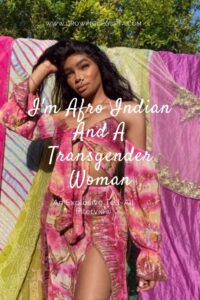
Are you following us at www.growingupgupta.com yet? Find us on Instagram and Pinterest @growingupguptas and on Twitter @growingupgupta, Facebook @growingupguptablog.
This post contains affiliate links that support the operation of this blog!
